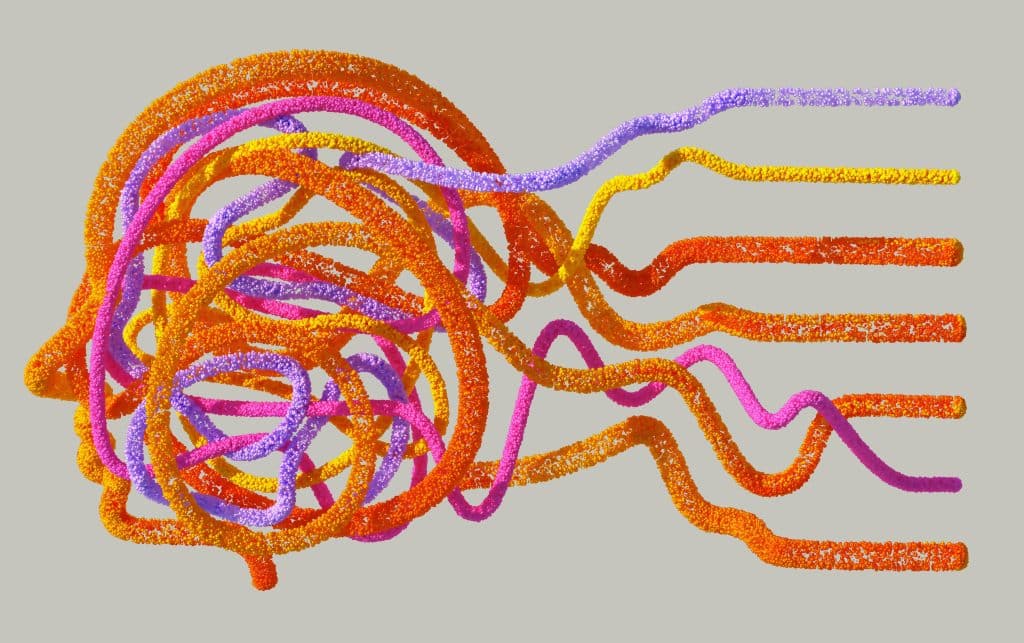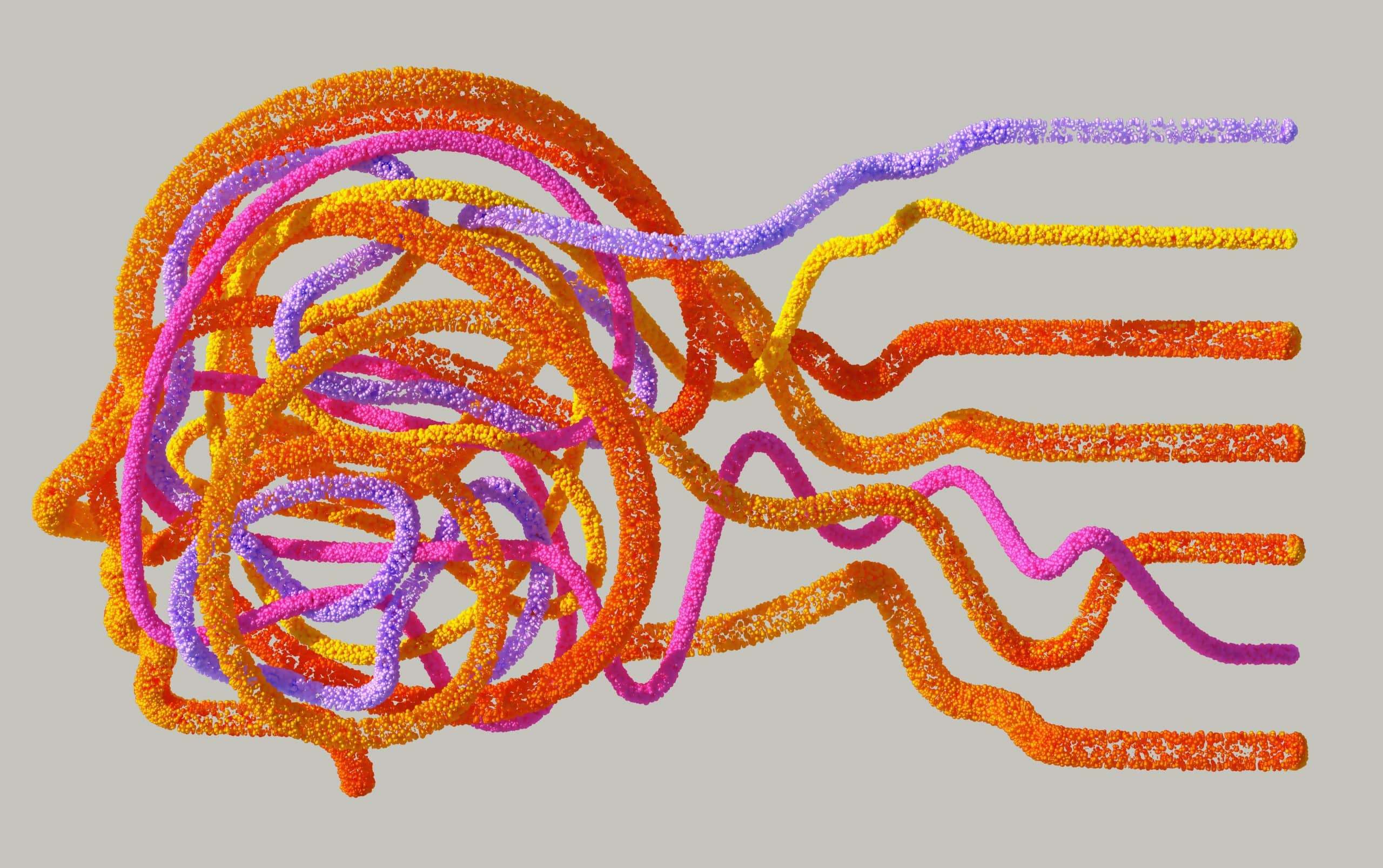Artificial intelligence (AI) can be helpful in healthcare. Natural language processing (NLP) is a development in AI technology that can help with diagnosis. NLP can also facilitate the personalization of care for patients. Expert systems can also provide AI help in healthcare. These systems, which have been around since the 1980s, can help keep medical records.
The AI technology known as machine learning can also help with healthcare. This technology can find patterns in data that can be helpful in the diagnostic process. AI technology can help find signs of diseases before symptoms appear. It can also help patients take proactive care of their health.
How Healthcare Artificial Intelligence Can Work
One type of artificial intelligence (AI) used in healthcare is natural language processing (NLP). According to ForeSee Medical, NLP “enables computers to interpret and use human language.” NLP can help provide accuracy in diagnoses and personalization in medical care. NLP technology can pore through medical records in search of relevant patient data. This technology can offer recommendations about treatment and medication options. ForeSee Medical states NLP can “even predict potential health risks based on past health data.”
In the 1980s, another form of AI healthcare technology became available. ForeSee Medical explains: “Expert systems based on variations of ‘if-then’ rules were the prevalent technology.” These expert systems originated in the 1980s and are still currently in use. Creating these systems is a collaborative effort. According to ForeSee Medical, “human experts and engineers… build an extensive series of rules.” These rules are centered on one area of expertise. Rule sets can be used in record-keeping systems for health information.
A third form of AI technology used in healthcare is machine learning. ForeSee Medical states: “Machine learning… allows systems to learn from data and detect patterns.” The analysis capabilities of machine learning can be helpful in medical diagnosis. ForeSee Medical explains that machine learning can facilitate finding “patterns and insights in medical data.” Also, according to ForeSee Medical, machine learning can detect “subtle changes in vital signs.” In general, machine learning can help with accuracy and specificity in diagnosis.
How AI Can Help Practitioners Predict Illness
The World Economic Forum reports that AstraZeneca has created a “new AI machine learning model.” According to the World Economic Forum, this model helps “detect the presence of certain diseases.” AstraZeneca purports that diseases can be found “before the patient is… aware of any symptoms.” Five hundred thousand people’s health information from a data repository in the UK was examined. AstraZeneca’s machine learning model could make predictions about future disease diagnoses from this information.
Slavé Petrovski was the leader of this machine learning research project. Petrovski states: “We can pick up signatures… that are highly predictive of developing diseases.” The development of many diseases can be predicted in this manner. According to Petrovski, signatures are detectable for kidney disease, Alzheimer’s, and “chronic obstructive pulmonary disease.” Mayo Clinic states: “Chronic obstructive pulmonary disease (COPD) is an ongoing lung condition.” The condition comes about from extended lung damage.
Another example of AI’s discovered medical predictive capability is a Mayo Clinic study. This study focused on cardiology. Mayo Clinic reports: “AI successfully identified people at risk of left ventricular dysfunction.” People in whom this risk was identified did not have detectable signs of this condition. Left ventricular dysfunction is the condition of having a weak heart pump.
Conclusion: AI and Maintaining Health
Mayo Clinic states, “AI can help people manage chronic illnesses themselves.” Illnesses AI can help with include high blood pressure, asthma, and diabetes. Artificial intelligence can offer notifications to people about proactive healthcare measures to take. For instance, AI can provide reminders about medications that need to be taken. Also, AI can ensure that people who need therapies and screenings can access helpful resources.










